Find the Best Place to Live
This post may contain affiliate links provided for your convenience. We earn commissions if you shop through the links on this page. I am also an Amazon Associate and earn from qualifying purchases Read my full disclosure policy.
I’ve moved more than 25 times in my life. I’ve moved across town, across the country and around the world. The distance is farther, but the process is the same. Over the years I’ve figured out a system for how to find the best place to live. Each person and family will have different needs and preferences, so the best place for you may not be the best place for me. The best place to live before I had children may not be the best place once I have school-aged children. These tips and free printable worksheets will help you find the best town and home to live for you and your unique needs.
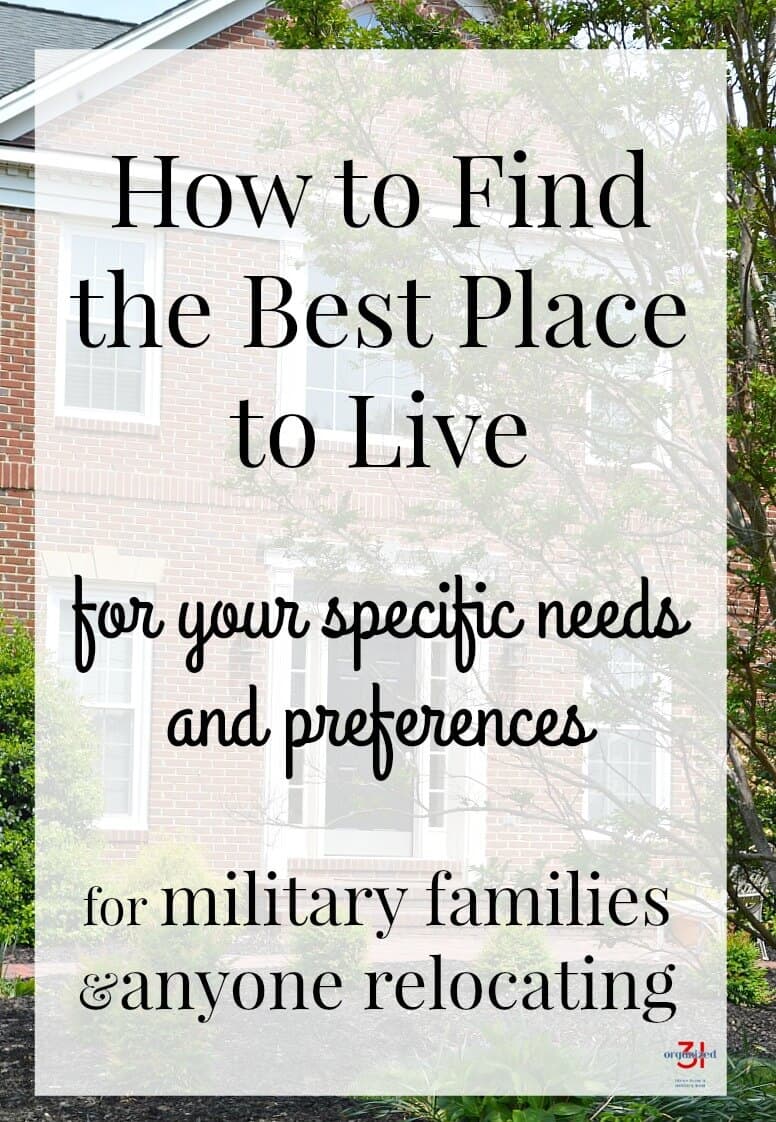
Whether you have a military assignment or a civilian move, it can be challenging to find a place to live when you’re not familiar with the area. Often you tend to move to an area where a friend (or a friend of a friend) lives. That may not be the best location for you and your specific needs and interests. But how do you find the best place for you to live? Through the experience of my many moves, I’ve developed a step-by-step process that has worked well for us.
I’ll discuss military moves, but this applies to any type of relocation. My process breaks down into three steps:
- How to Find a Town to Live In (this includes deciding to live on-base)
- How to Find an Area to Live In
- How to Find a Home
How to Find the Best Place to Live
Finding a Town to Live In
I consider living on-base as one of my town options. I do the same reviewing and ranking process for considering whether we want to live on-base or off-base.
1. As soon as we are notified of a new assignment I look on the map to get an idea of the geography and layout of the area.
- Where is the base located?
- Active duty member will work there.
- Health care and other support resources are located there.
- Where is the nearest town?
- We might live there.
- Where is the nearest city?
- I might work there.
- Where is the nearest airport and major Interstate?
- Family and friends will come to visit.
2. I talk to anyone and everyone who has lived there.
- I ask where they lived and why.
- I listen to all input, but take it all with a grain of salt. There are some people who will be unhappy wherever they are.
- I want to take in as much information and as possible. I find that a pattern of where most military families live begins to emerge.
- Most people will live concentrated in two to three towns. These are a great place to focus on unless you have unique needs that steer you towards a different town.
- My goal is to narrow the entire map down to 2 or 3 towns, plus the base, to focus on.
3. I often review the factors that are specifically important to my family. Those factors are different depending on your stage of life, personal needs and personal interests.
- How long of a commute are my husband and I willing to make?
- Do we want to live closer to the base or to the city with the most employment opportunities.
- One of our first assignments, before we had children, was at Little Rock AFB. The base is located about 30 minutes from downtown Little Rock. I knew that I’d be working in Little Rock and not in the small town near the base. Although many people chose to love on the other side of the base, farther from Little Rock, we chose to live in a town half-way between Little Rock and the base. At a later assignment when I was a stay-at-home mom with young children, we chose to live on-base so that my husband could spend more time with the family and less time commuting.
- Will I be a stay-at-home mom?
- Living on-base was often a great choice when I had young children and was a stay-at-home mom. Living on-base means there will be lots of children around and other stay-at-home moms to meet.
- What grade in school are my children?
- I look at the schools in our target towns. Are the public schools good? Is there a private school we’d consider? How long is the bus ride to the school?
- There are often elementary schools on-base, but not junior high or high schools unless you’re stationed overseas.
- Do we have medical issues we need to consider?
- I know a family who rented a house a 50-minute drive from base because it was closer to the hospital where the wife would need to go frequently for medical care.
- Do we have pets?
- Military housing limits the numbers and types/breeds of pets you may have. I always check with the specific base for guidelines. When I’m looking at civilian housing, I check if the town has any restrictions on exotic pets or the number of pets.
- What sports and activities are important to us?
- My husband likes to play both ice and roller hockey. We consider where the nearest rinks are when we look at our focus areas. I’ve known families that chose a certain town because it was closer to hiking and outdoor activities that were important to them.
- Where is the nearest airport and major interstate?
- Going to visit family and friends is important to us, as well as having them visit us.
- Where is the nearest shopping?
- I’ve lived on-base in the States where it was 30 miles to the closest civilian shopping and that was Wal-mart. Now, I like Wal-mart just fine, but I wasn’t too happy about driving an hour round-trip with toddlers just to go shopping at Wal-mart. The mall was even farther away.
- Rural, suburban or urban setting?
Finding An Area within That Town to Live In
At this point, I have narrowed my focus down to 1 – 2 towns. My goal now is to find areas within those towns where we’d like to live. I’m not trying to find THE house yet. I’m continuing to narrow the entire world of possibilities down to a handful.
1. I start by looking at houses listed on MilitaryByOwner. If you’re not military you can use the site,too, but it focuses on homes located around military bases. Follow the same steps using realtor websites for the area. By reading over the lists of houses linked to the base we’re being assigned to, I can start to see a pattern of areas where other military families are concentrated. That’s not a guarantee that we’ll be happy in those areas, but it gives me a place to start looking.
2. When I have 3 school-aged children finding good schools is one of the most important consideration for us. I start at GreatSchools to get a feel for the schools in the area. I use this as a first sort or culling of schools. Test scores and rankings only give a snapshot of a school, and not the entire picture, but that’s all I have access to when I don’t live in the area. So recognizing the limitations of this strategy, I list all the schools for that town on the School Comparison by Town worksheet with their individual GreatSchools ranking. I refer to this spreadsheet in the next step when we’re considering specific houses. Depending on the area, my husband and I pick an arbitrary cut-off ranking, usually around an overall school score of “7” on the GreatSchools website. This cut-off number simply reduces the number of schools being considered to a more manageable number. There are situations where I may consider schools with a ranking lower than the cut-off score, but I use the chosen cut-off score to help give me a starting point.
3. I evaluate commute times for a specific area to locations that will be important to us. I determine the average commute times to jobs, schools, medical care, activities, sports, airport, and shopping. I add this information to my Town Comparison worksheet. As part of researching commuting options for different towns and areas, I consider whether driving is the best option or is there a public transportation system that would work better? Do people in that area carpool or “slug” (as they do in the Metro Washington DC area)? You may be accustomed to driving everywhere, but at your new assignment, alternate modes of transportation may be a better choice. Keep an open mind and this will help you evaluate different areas.
4. Being located near particular activities is important to my family so I research where those activities are located. For example, we always consider where the closest ice rink and roller hockey rink is. We also consider where the nearest library and dog boarding kennel is. Some other considerations:
- Hospital
- Specialized Medical Care
- Sports Teams and Training
- Activities and Hobbies
- Parks
- Libraries
- Veterinarian Care and Animal Boarding
- Outdoor Activities
- Shopping
At this point in my how-to-find-the-best-place-to-live process, I’ve found a couple of areas that meet our criteria. There’s not one right or wrong answer in selecting whether you want to live on-base or in a particular town. There are several better answers and you just have to figure out which ones are the better answers for you.
This is the point when I start looking at individual homes in those target areas. Next comes the fun part – finding your home.
I’ve created spreadsheets that I use to determine the best town, area and home for us to live. You can get your own free printable copy of these spreadsheets and tips on finding the best home for you in Part Two – How to Decide Where to Live.
For my top moving and travel tips, hacks and printables check out the table below. You can scroll though the table and look for ideas or search for specific ideas with the magnifying glass in the upper right-hand corner (on desktop). Click on the topic and then click through the specific article.

I’m a mom of 3, a veteran, military spouse. I’ve moved into 20+ homes all around the world. My passion is helping busy people make the space and time for what’s really important to them. Learn more about Organized 31 and me.


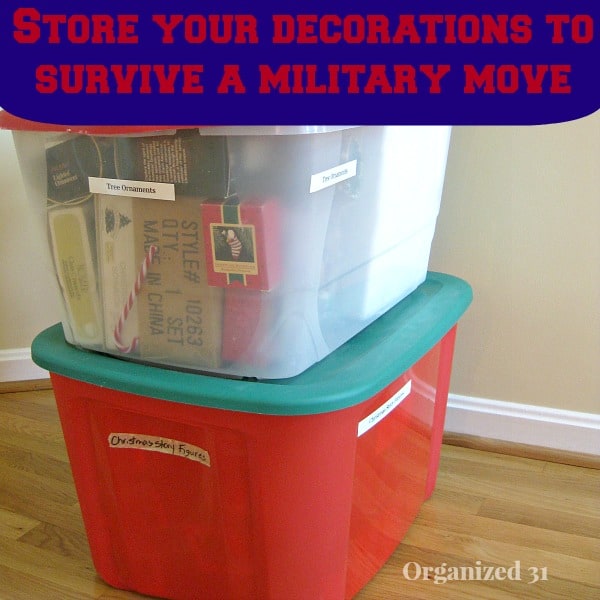
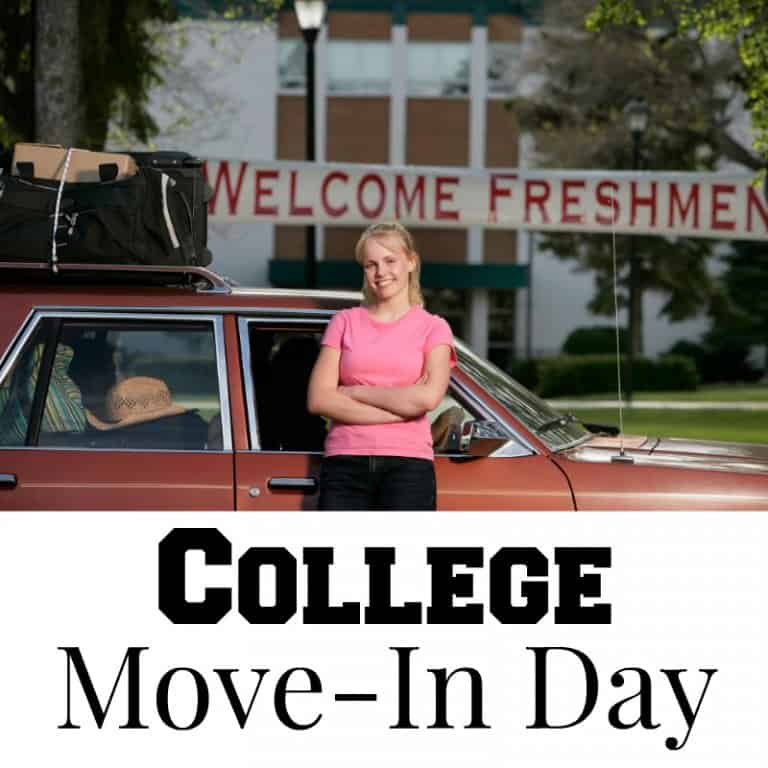
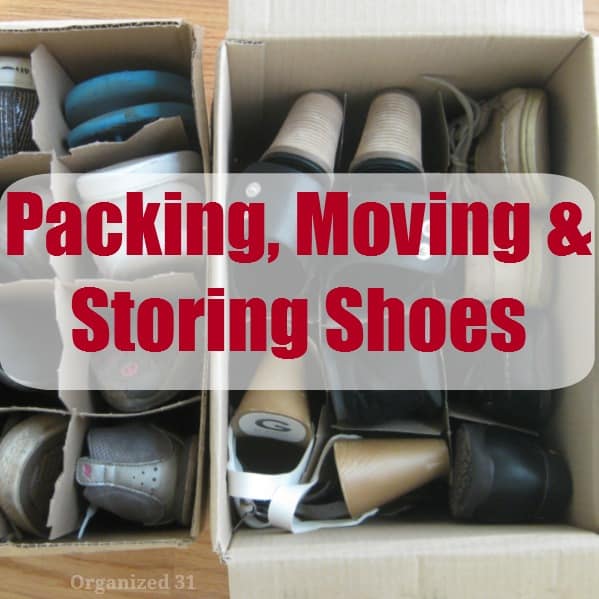
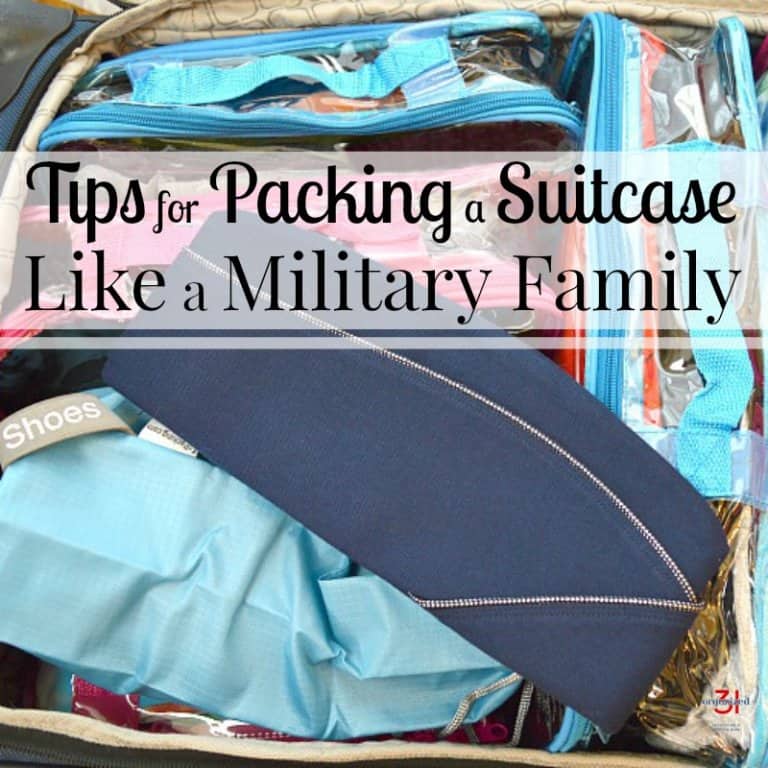
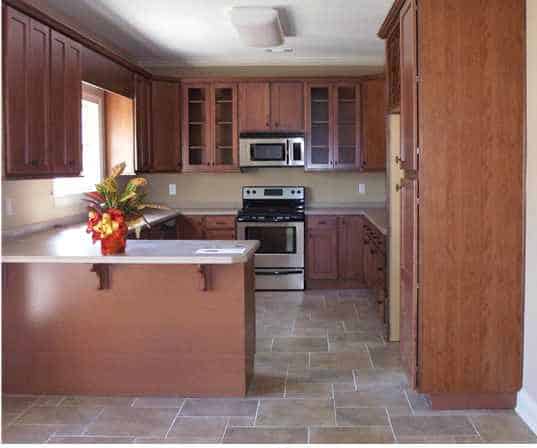
This is great! I grew up in a military family and moved a lot – sometimes living on base, sometimes off. My family now isn’t military, but we are looking to move. Good things to take into consideration here!
Thanks, Christina. So nice to meet a fellow grown up military child. I hope you find these tips helpful in your up coming move, but with your experience growing up, you already know a lot that will be helpful.
Nice suggestions and a helpful guide for the people who are planning to buy a house.